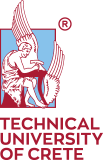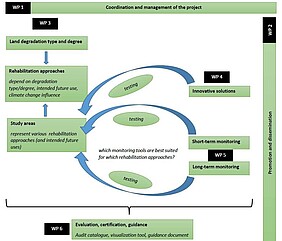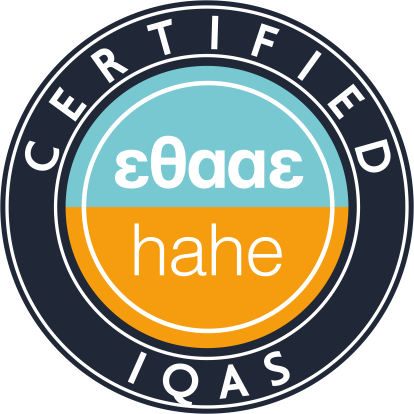The School of Mineral Resources Engineering at the Technical University of Crete (TUC), led by Professor Michail Galetakis participates in the project REECOL: Ecological rehabilitation and long term monitoring of post mining areas.
The REECOL project gathers eleven partners representing research institutions and industrial partners such as coal mining companies from five European countries. The partnership aims at close collaboration with an intention to ensure long-term environmental sustainability of coal regions in transition. The project has duration from July 2023 to December 2026 and co-funded by the European Commission, Research Fund for Steel and Coal.
The REECOL project activities are directed towards a significant improvement of postmining ecological rehabilitation approaches which take into account ecosystem degradation degree, future intended land uses, affordability of the solutions and impact of climate change.
New solutions for post-mining land reclamation, revegetation and ecosystem rehabilitation will be developed and tested in selected case study areas in different coal regions in transition. In addition, the partnership will implement measures for efficient short and long term monitoring of the rehabilitation processes with the use of various biological and geochemical indicators and remote sensing technology.
The developed solutions will help establish appropriate ecosystems for the purpose of providing soil erosion control, water quality, wildlife habitat, and improved aesthetics of former mining sites to be reorganised towards other uses. A new certification method to evaluate ecological rehabilitation of postmining areas and identify industry best practice in this field will be presented by the project and validated by the industrial project partners.
The project will deliver a novel and innovative research with direct and positive impacts on the coal regions in transition and support sustainable ecological rehabilitation options with long-term viability and good socio-ecological performance.
For further information, please visit the website of the REECOL project: https://reecol.komag.eu/

















